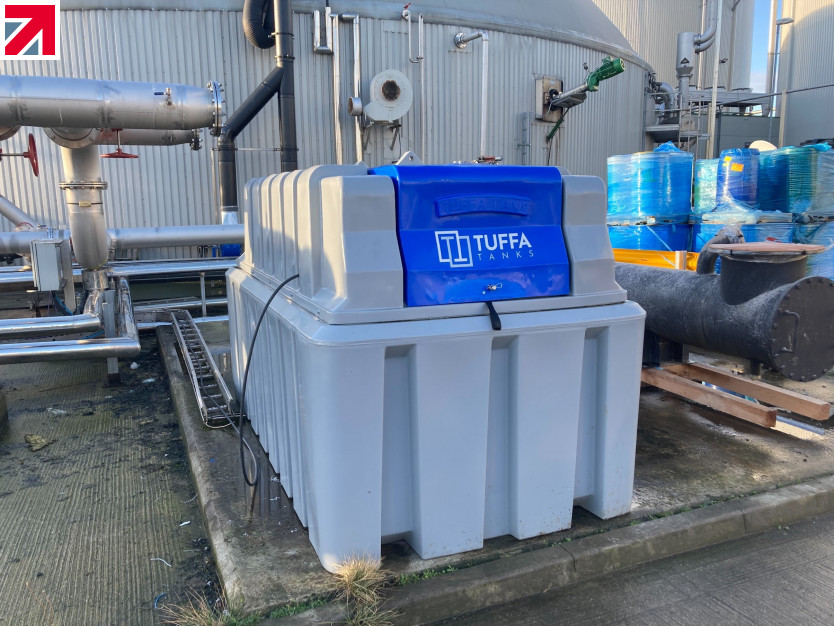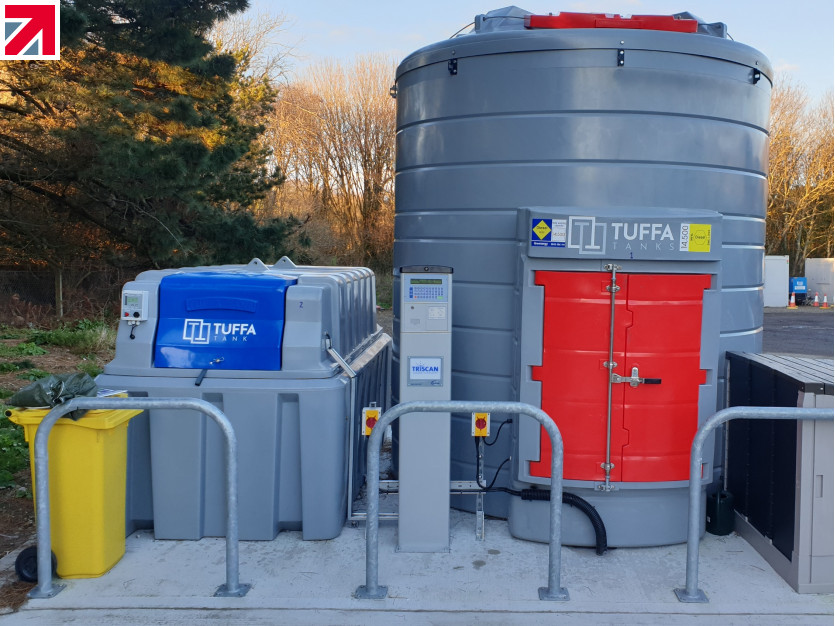Early in 2020, two words became ubiquitous as the dreadful pandemic ran rampant throughout the globe. The two words were ‘Unprecedented’ and ‘Pivot’.
Unprecedented speaks for itself, but ‘pivot’ needs a more robust understanding. Perhaps even to a granular level.
What does it mean when a business has to pivot? It means it’s changing some aspects of its core business.
Businesses might have had to pivot to meet demand better, shift their target audience to boost sales or combine both.
Pivoting is a strategic move that you can take to ensure that your business remains viable and profitable.
So far, so ‘pivotable’. But what about other pivots? Let’s take fuel. In little over what felt like 12 months, we had two fuels crisis but at differing ends of the spectrum.
Firstly, fuel had a negative value. For the first time in living memory, this has happened. April 20th, 2020, was the first day in history when oil recorded negative values. US oil benchmark West Texas Intermediate (WTI) fell from $17.85 at the start of the trading day to negative $37.63 by the close. Oil producers paid you to take it off their hands. We sold a record number of the highest capacity tanks we make with the 30,000-litre top of the storage pops.
More recently, fuel prices have skyrocketed to again, record highs. Whilst you might imagine this has had a rebound effect on the enquiries for our large storage tanks, this couldn’t be further from the truth. People are bulk buying fuel to give back their buying power.
Both scenarios forced businesses to pivot from how they had historically managed their fuel reserves.
Such a pivot caused other business decisions to pivot. CapEx, RevEx, fuel storage and distribution and especially fuel security became business-critical decisions.
As we head into 2023, the Perfect Fuel storm is brewing.
700,000 plus the demands of the winter
Recently, America’s Energy Information Administration (EIA) announced a diesel shortfall of 700,000 barrels per day. Think about that number for a minute. That’s 29.4 million gallons of oil every day. In ONE country!
The announcement will almost certainly impact the UK’s diesel supply chain and associated costs.
With the real probability that diesel costs will hit record levels again as we head into next year, more customers will be proactive with fuel storage, distribution and security.
Read any article about diesel, and you will undoubtedly read about biofuels as either a supplement or a replacement for fossil fuels such as diesel.
The wealth of information can be dizzying. From B20, B100, AdBlue and HVO, where do you start? Which fuel ‘pivot’ is the best option for you?
Biofuel is an important buzzword in transportation circles, and for a good reason. Plant-based or first-generation biofuel can be produced almost anywhere, comes from a renewable resource, and produces cleaner emissions than petroleum-based fuel.
However, the energy to produce a plant-based fuel isn’t without its difficulties and controversies. The top issues with pure biofuel include the following:
- Food Security. Biofuel production using food crops such as corn, soybeans, sorghum, and rapeseed can drastically alter the world’s access to affordable food.
- Water Usage. Ask any school child what a plant needs to grow, and they will mention sunlight and water. While the first is a bit beyond the control of biofuel producers, the second is at the core of a potentially severe drawback of plant-based fuels.
- Deforestation. It seemed like a win-win idea, with European demand for biofuel set to spike, driven partly by regulations aimed at reducing greenhouse gas emissions. Environmental chaos ensued. Industry researchers have found an answer in palm oil, a relatively easy-to-produce biofuel source. According to some estimates, expansion by Indonesian palm oil plantations caused the vast majority of that nation’s deforestation.
- Fuel to produce. It might seem somewhat counterintuitive, but scientists argue that widespread biofuel production is a negative-sum game: Producing enough biodiesel or ethanol to replace one gallon of fossil fuel, they claim, requires the energy equivalent to several gallons’ worth of petroleum-based fuel.
- Technical Challenges. The most obvious of biofuel’s drawbacks is that it isn’t a petroleum-based fuel. It operates differently in internal combustion engines designed for fossil fuel. Corn-based ethanol, for example, has a higher density than diesel fuel injectors and must be larger in an ethanol-only engine to match the fuel flow of a comparable diesel engine. And alcohol fuels (including ethanol) can corrode or damage some of the metal and rubber fittings used in petroleum-powered engines.
HVO is a low-carbon, low-emission, fossil-free and sustainable alternative to conventional fossil diesel.
We must acknowledge that technology will play a fundamental role in rescuing our planet. Still, we shouldn’t lose sight of proven technology, systems, and processes.
An example would be the differing approaches between mainland Europe being earlier adopters of B100 fuel rather than the UK’s continued HVO and B20 biofuel approach.
France, in particular, appears to be adopting B100, pure crop oil such as rapeseed, rather than HVO, which refines a waste oil product. HVO is a second-generation biofuel because it uses technology to refine and reuse these waste oils.
The decision to adopt the pure crop route is a little surprising, especially as you consider the concerns around food production not meeting global demand.
According to the GLEC framework, HVO offers around a 64 per cent reduction in emissions. Still, Neste, a company that provides the majority of HVO in Europe and Prema Energy in the UK, can achieve up to 90% emissions reduction compared to fossil diesel with their HVO.
So far, so great. Not quite. HVO does have some inherent issues, just like the biofuel issues outlined above.
- Expensive. HVO can be costly, so environmentally aware companies tend to blend HVO with conventional diesel, especially in the haulage sector. Blending is a step forward from only using fossil fuels, but adoption would increase if the cost came down. A missed opportunity?
- Available and Sustainable. The immediate problem is one of availability. The world has woken up to the possibilities for HVO, and demand is increasing. Currently, supply is limited, however, and not matching demand. New production plants scheduled to come online are still some way off. As a result, finished fuel has to be shipped long distances.
Prema Energy, pioneers and early adopters in the HVO landscape, are leading the way in HVO technology, with sustainability at the heart of their work.
So, it appears that more ‘pivots’ are heading your way. Sadly, your business decisions may clash with your personal beliefs and standards as you ‘pivot’ the way you use fuel and the type of fuel you use.
Another word that has gained colloquialism is hybrid! Perhaps the only meaningful solution is to adopt a hybrid approach between fossil fuels and more environmentally aware options such as AdBlue.
We will all continue to ‘pivot’ as we traverse the terrifying economic landscapes that farmers, haulage, shipping, and aerospace face in the coming months (years!).
Organisations dependent on a constant power source also have to ‘pivot’. Long gone are the days, for now at least, where you could almost guarantee uninterrupted supply from the national grid.
The dependency notwithstanding, the threat of forced power outages continues to rumble on and instead, resilience and disaster recovery are the new buzzwords.
If your business needs to ‘pivot’, rest assured we have all the solutions for you. Whether it’s bulk, secure fuel storage and dispensing, AdBlue, HVO or B100, we can help you ride out the incoming storm.
Find out more about Tuffa Tanks on their member profile page here
Member-created content 2 years ago | From members

